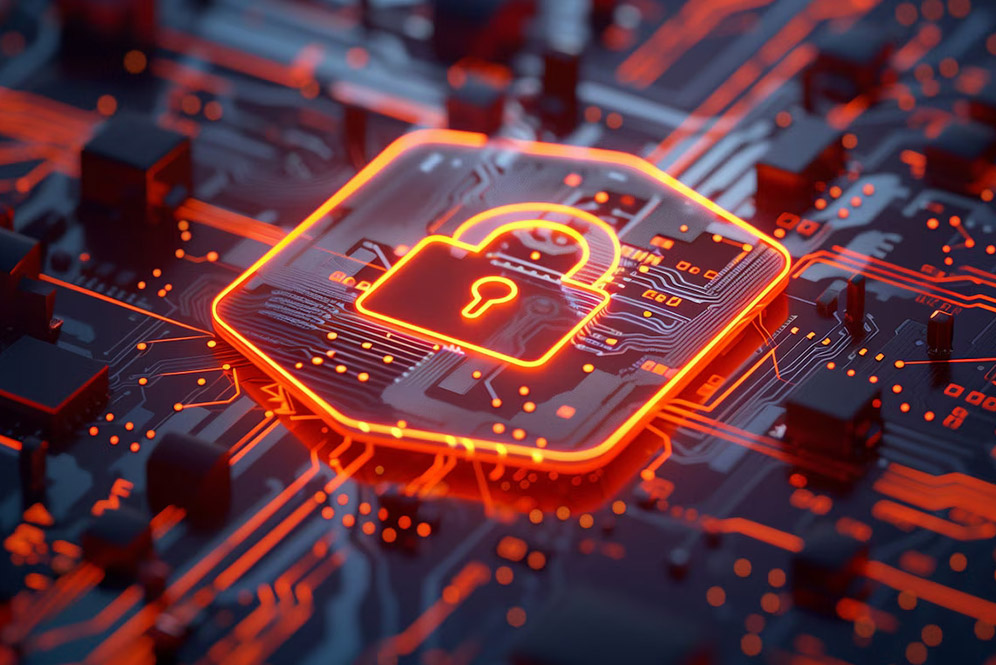P.S.V College of Engineering and Technology
B.E – CSE, Cyber Security
The Cyber Security division of the Computer Science and Engineering (CSE) Department is dedicated to providing students with the expertise and skills required to safeguard digital infrastructure from cyber threats. In an era where data breaches, cybercrimes, and malicious attacks are on the rise, our program focuses on developing cybersecurity professionals with a strong foundation in network security, ethical hacking, cryptography, risk assessment, and digital forensics. The curriculum is designed to bridge the gap between theoretical knowledge and practical implementation, ensuring students are well-equipped to tackle real-world cybersecurity challenges.
Our department emphasizes hands-on learning through advanced security labs, live simulations, and industry collaborations, allowing students to experience and analyze cyber threats in controlled environments. With cutting-edge tools and platforms, students learn how to design, implement, and maintain security solutions across various domains, including cloud security, IoT security, blockchain-based security, and artificial intelligence-driven threat detection. We nurture a research-driven environment, encouraging students to innovate and contribute to the field of cybersecurity by developing advanced security frameworks and participating in global cybersecurity competitions and hackathons.



Vision
To be a center of excellence in cybersecurity education, research, and innovation, fostering a secure digital future through cutting-edge technologies and skilled professionals.

Mission
To provide a comprehensive and industry-aligned cybersecurity curriculum. To foster research and innovation in cyber defense, ethical hacking, and data protection. To equip students with practical skills through advanced labs, projects, and industry collaborations. To cultivate ethical and responsible cybersecurity professionals capable of addressing global security challenges.
Innovations by the Faculty in Teaching and Learning
- Implementation of real-world cyber-attack simulation for hands-on training.
- Development of AI-driven threat detection models to enhance research-based learning.
- Integration of virtual labs and cybersecurity sandbox environments for secure experimentation.
- Industry-academia collaboration for guest lectures, hackathons, and live case studies.
- Use of blockchain and quantum cryptography modules in cybersecurity courses.
Course Delivery Methods:
Seminars
Mini Projects
Technical Reports
Case Studies
PPTs
Experimental training
Lab Experimental work
Class Assignments
Quizzes
Real life examples
Individual Learning
- The department encourages self-paced learning by providing students access to cybersecurity certifications, online courses, and research publications. With personalized mentorship and career guidance, students can explore niche areas such as cyber law, IoT security, and ethical hacking. Hands-on projects, self-assessment tools, and cybersecurity challenges enhance independent learning capabilities.
Experiential learning
- Students gain real-world cybersecurity exposure through internships, industry collaborations, live projects, and security breach simulations. The curriculum includes practical case studies, red team-blue team exercises, and forensic investigations to enhance critical thinking and problem-solving abilities. Participation in global cybersecurity competitions and CTF challenges further enriches the experiential learning process.
ICT based learning
- To enhance digital learning, the department incorporates ICT-enabled smart classrooms, virtual labs, and cloud-based cybersecurity training platforms. Students have access to interactive e-books, online cybersecurity simulators, AI-based learning modules, and video lectures. The integration of LMS (Learning Management Systems) and AI-driven analytics helps track progress and personalize learning experiences.
- This holistic approach ensures that students are well-prepared to tackle complex cybersecurity challenges and contribute to the evolving landscape of digital security.
Lab Facilities
- Cyber Security Lab: Equipped with advanced penetration testing tools, network analyzers, and forensic software.
- Ethical Hacking Lab: Provides a controlled environment to simulate cyber-attacks and defense mechanisms.
- Cryptography Lab: Focuses on encryption, digital signatures, and blockchain-based security protocols.
- Network Security Lab: Enables real-time monitoring, intrusion detection, and security policy testing.
Library Facilities
A vast collection of cybersecurity books, journals, and research papers. Access to online repositories, including IEEE, ACM, and Springer for cybersecurity research. Digital learning resources, e-books, and video tutorials on cybersecurity trends and technologies. Dedicated research support for students pursuing innovative projects in cybersecurity.

Mr Pralsh Narayana,
Professor and Head
- hodcse@psvcet.ac.in
- Specialization: Computer Network, Data Structures, Mobile Communications
- View Profile




C. Prakash Narayanan

B. Neelu

A.Nishanthi

Mrs. K.Nandini

Mrs. D. Gandhimathi

Mrs. R.Monisha

Mrs.L.Vishnupriya

Mr.C.Suresh

Prof. T. Jansi Rani

Ashok Kumar A R

Mr.M.Annadurai






